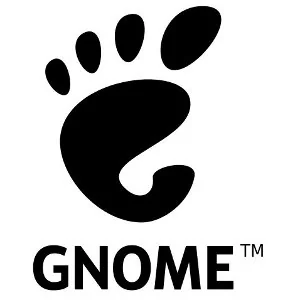Unity 2D To Go Away In Ubuntu 12.10

As another interesting session during the Ubuntu Developer Summit in Oakland, the GNOME plans were laid today for Ubuntu 12.10.
One of the most interesting items from the notes was "unity-2d will go away anyway, so -3d/compiz already require 3D." I've heard talk of tthis to basically do away with Unity 2D and focus all efforts on a single, unified Unity implementation.
Those without OpenGL acceleration on the GPU for running the Unity desktop with Compiz will have to deal with the LLVMpipe driver for Gallium3D running on your CPU. LLVMpipe is bad for gaming, but good enough for a composited desktop experience. LLVMpipe already handles the GNOME Shell and with Fedora 17 the GNOME-Shell-On-LLVMpipe is the software fall-back method.
The only cases where this might cause issues for Unity-over-LLVMpipe is for ARM devices where the LLVMpipe driver may be too slow, if it even works -- last time I tried LLVMpipe on ARMv7 it failed to properly build. For x86 hardware with LLVMpipe when just concerned about accelerating the desktop, any modern Intel/AMD CPU should be fine. The best performance though is with multi-core hardware running x86_64 software and with SSE3/SSE4 support on the CPU -- e.g. Intel Core 2 or AMD Athlon 64 X2 or newer.
Other GNOME-related plans for Ubuntu 12.10 include updating the packages to GNOME 3.6, taking Clutter, install gnome-contacts by default, UDisks2/GVFS integration, GStreamer 1.0, review GTK patches, potentially dropping GConf usage from the CD, and other items.
48 Comments

